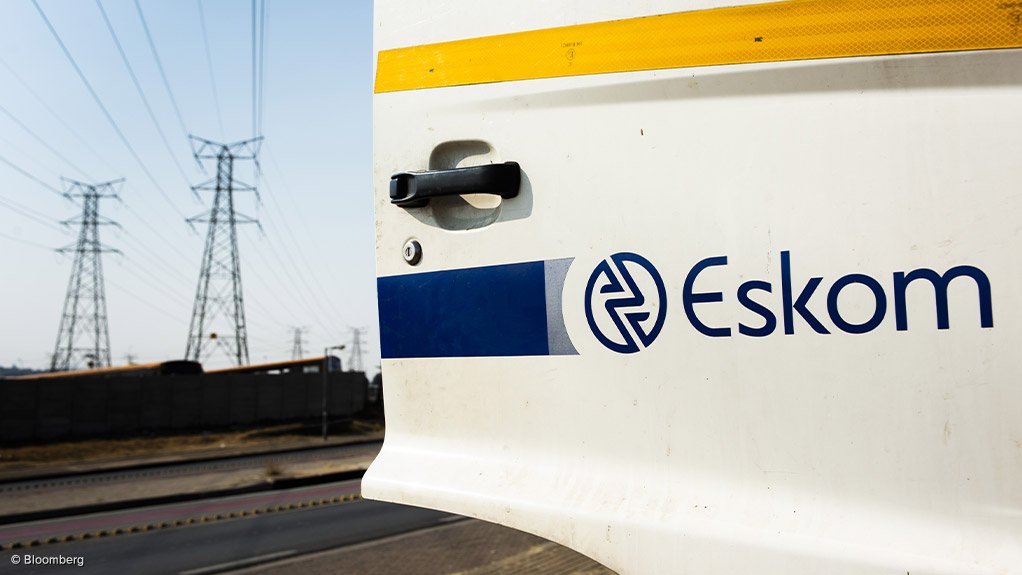Renewable energy company G7 has failed to interdict Eskom from applying its new grid access rules. Had the interdict been granted, the progress of new energy projects, both those planned by the private sector and those commissioned to supply Eskom, would have stalled.
Judge Basheer Vally dismissed the application for an interdict, with costs, on Monday. Part B of the case - on the substantive issue of Eskom's authority to change grid rules - is still to be argued.
SA urgently needs to bring new generation capacity onto the grid to fill the supply and demand gap. Privately initiated projects are the fastest way of adding more megawatts to the system, but these, too, need to connect to the Eskom transmission grid.
Eskom changed the rules on 27 June due to concerns that some developers were "hogging" the grid, and although they had been given access, they were not ready to proceed with their projects. The grid has become increasingly constrained, especially in areas optimal for renewable energy.
G7 argued that the change from a first come, first served basis to a first ready first served arrangement placed the two wind farms it has in development in jeopardy.
It said Eskom did not have the authority to change the grid access rules, which is the sole responsibility of the National Energy Regulator of SA (Nersa). While G7 failed to persuade the court to grant an urgent interdict, it will now argue the substantive part of its case to set aside the new grid rules.
The ruling will come as a relief to Eskom and the National Energy Crisis Committee, which is seeking to fast-track new projects to reduce the intensity of loadshedding.
EMAIL THIS ARTICLE SAVE THIS ARTICLE
To subscribe email subscriptions@creamermedia.co.za or click here
To advertise email advertising@creamermedia.co.za or click here











